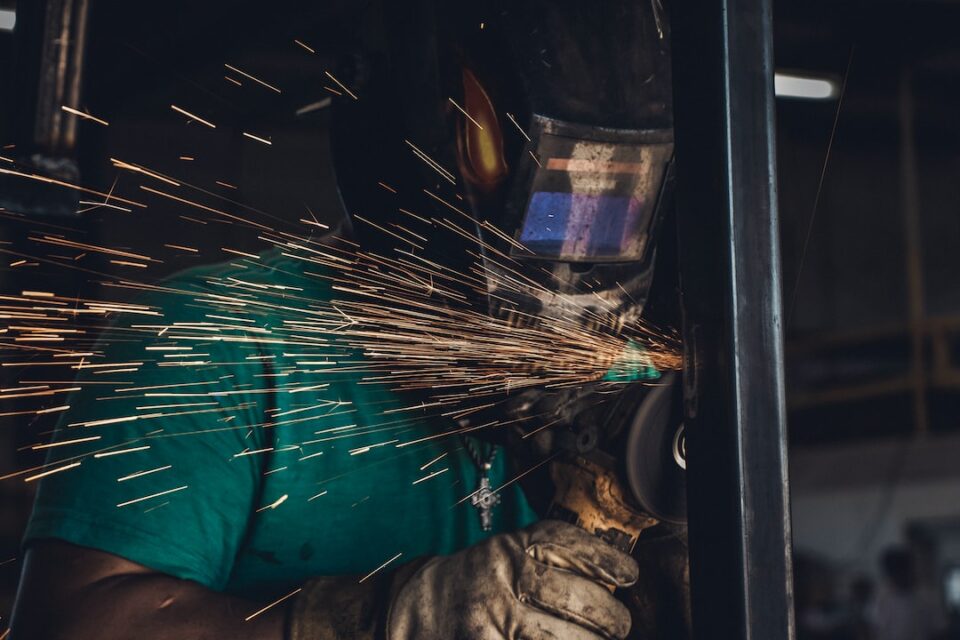Just-in-Time (JIT) manufacturing is a revolutionary concept that has significantly transformed the production processes across various industries. With its origins in Japan, JIT manufacturing emphasizes efficiency by minimizing waste, reducing inventory, and optimizing production flow. This approach has led to numerous benefits for businesses, ranging from cost savings and improved productivity to enhanced quality control and customer satisfaction.
One of the key pillars of JIT manufacturing is the elimination of waste. Traditional manufacturing methods often lead to excessive inventory, which can tie up valuable resources and increase costs. In contrast, JIT manufacturing focuses on producing goods only when they are needed, thus reducing inventory levels. By adopting a “pull” system, where production is triggered by actual customer demand, manufacturers can avoid overproduction and optimize their resources. This approach not only reduces waste but also allows companies to be more responsive to customer needs, leading to improved customer satisfaction.
Another critical aspect of JIT manufacturing is the optimization of production flow. This involves streamlining processes to ensure a smooth and continuous flow of materials and goods throughout the production cycle. By identifying and eliminating bottlenecks, manufacturers can increase efficiency and productivity. Additionally, JIT manufacturing promotes the integration of all stages of the supply chain, fostering collaboration, and reducing lead times. This interconnectedness ensures that suppliers and manufacturers work together seamlessly, resulting in greater overall efficiency and cost savings.
JIT manufacturing also places a strong emphasis on quality control. By implementing rigorous quality checks at each stage of production, manufacturers can identify and rectify any issues early on, preventing the production of defective goods. This approach not only reduces waste and rework but also leads to improved product reliability and customer satisfaction. Moreover, JIT manufacturing encourages a culture of continual improvement, where employees are empowered to suggest and implement changes to enhance quality and efficiency.
The benefits of JIT manufacturing extend beyond the manufacturing process itself. By reducing waste and optimizing resources, companies can significantly lower their costs. JIT manufacturing also enables organizations to be more flexible and responsive to market demands. With reduced inventory levels and efficient production flow, businesses can quickly adapt to changes in customer preferences or market conditions, giving them a competitive edge.
In conclusion, the advent of Just-in-Time manufacturing has revolutionized production processes across industries. By focusing on waste reduction, production flow optimization, and quality control, JIT manufacturing helps businesses achieve cost savings, improved productivity, and enhanced customer satisfaction. It is a concept that continues to shape the way companies operate and provides a blueprint for efficient and effective manufacturing practices.


